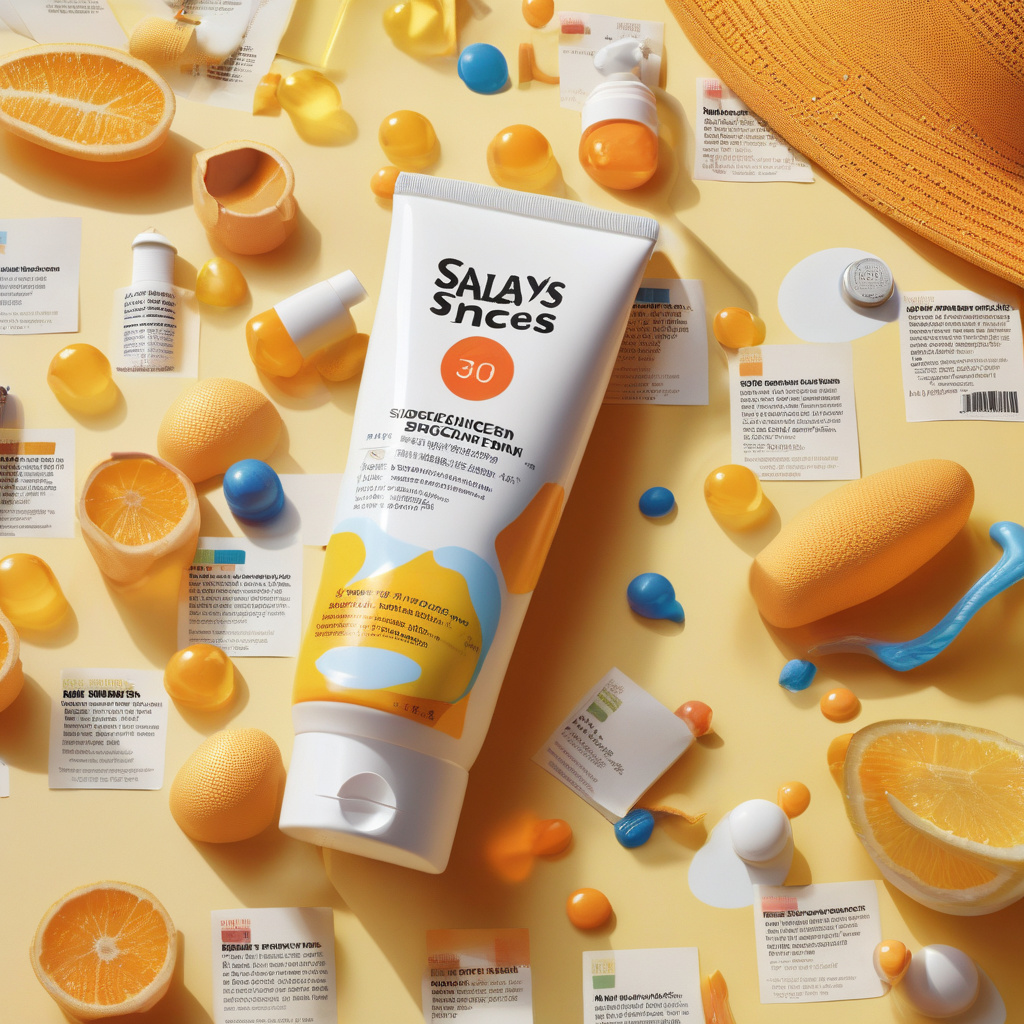Trendy Sunscreen Gets Burned by Regulators
In the realm of skincare, sunscreen is a non-negotiable essential. It’s not just a seasonal product; it’s a year-round necessity to protect our skin from the harmful effects of UV rays. With the rise of trendy sunscreen startups flooding the market, promising innovative formulas and stylish packaging, consumers have been enticed by the allure of sun protection products that cater to both their skin health and aesthetic preferences. However, recent events have cast a shadow over this sunny industry as trendy sunscreen brands face scrutiny from regulators due to multiple voluntary product recalls and testing inconsistencies.
The sunscreen market has seen a surge in new players, particularly hip startups that have captured the attention of younger consumers through savvy marketing strategies and social media influencers. These brands have positioned themselves as disruptors in the industry, offering sunscreen products that not only provide sun protection but also align with the values and lifestyles of their target audience. From eco-friendly formulations to cruelty-free practices, these trendy sunscreen startups have tapped into the growing demand for skincare products that are not only effective but also ethical and sustainable.
Despite their initial success and popularity, these trendy sunscreen brands are now under the spotlight as regulatory bodies raise concerns over the accuracy of their SPF claims and the reliability of their product testing. With reports of SPF levels in some sunscreens falling short of what is stated on the label, consumers are left questioning the effectiveness of the products they have come to trust. The recent wave of voluntary recalls further underscores the challenges faced by these startups in upholding quality standards and meeting regulatory requirements.
The issue of testing inconsistencies is particularly troubling, as it calls into question the credibility of the sunscreen brands and their commitment to product safety. Sunscreen is a product that directly impacts consumer health, and any lapses in testing procedures or inaccuracies in SPF levels can have serious consequences. Moreover, in an era where transparency and accountability are paramount, the failure of trendy sunscreen startups to address these concerns in a timely and effective manner can erode consumer trust and tarnish their brand reputation.
As the sunscreen industry grapples with this unprecedented level of SPF scepticism, it is clear that a paradigm shift is needed. Trendy sunscreen startups must prioritize product quality and safety above all else, investing in rigorous testing protocols and compliance measures to ensure that their SPF claims are substantiated and their products deliver on their promises. Transparency in communication with consumers is also key, as building trust and loyalty requires honesty and integrity in addressing any issues or discrepancies that may arise.
In conclusion, the challenges faced by trendy sunscreen startups serve as a cautionary tale for the broader skincare industry. While innovation and creativity are valuable assets in product development, they must be balanced with a steadfast commitment to quality assurance and regulatory compliance. As consumers become increasingly discerning and informed, brands that prioritize transparency, integrity, and accountability will ultimately emerge as the true winners in the competitive sunscreen market.
sunscreen, skincare, SPF, trendy brands, regulatory scrutiny












